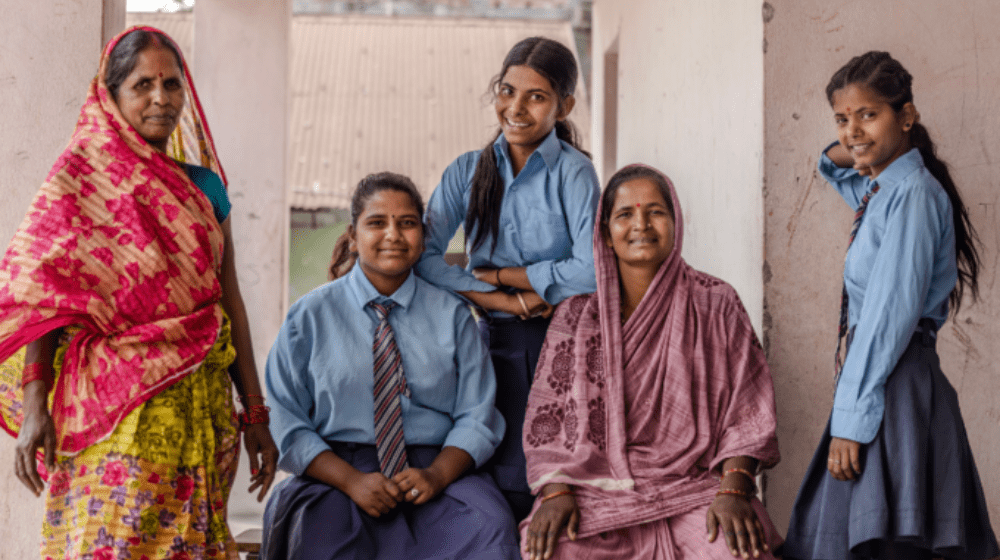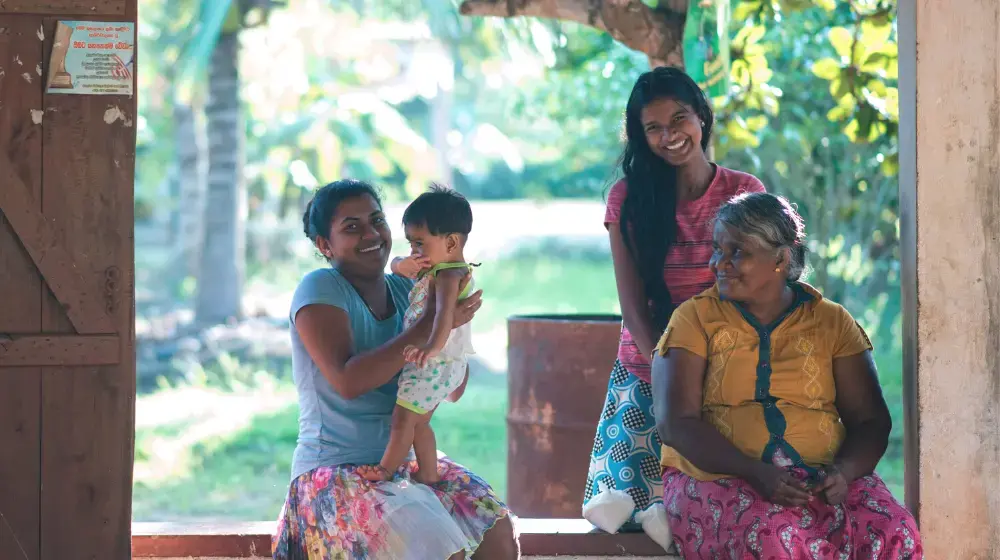At Shiksha Sadan Secondary School in Biratnagar - 6, a group of friends are chatting about their experience of the Rupantaran skills development programme they have recently completed. At 16 and 17 of age two of the girls are sisters.
Chandani Thakur, the eldest of the sisters exclaims enthusiastically “I didn’t know that we should not get married before the age of 20 because everyone around me was getting married when I became a teenager. Even my mom used to tell me to be ready to get married.” Although child marriage has declined in the past two decades Nepal still has one of the highest rates in South Asia. Of women aged between 20–24 years, 22 percent were married or in union, before they had reached the age of 18. Three percent were married before the age of 15.
She continues “now that situation has changed for me and what I learnt in the Rupantaran course has taught me a lot about things like our rights as children to play and not to be married off at an early age. I am more confident and braver now, and I can communicate effectively with my mother. My brothers used to tease me at home, but now I am able to fight back.”
The 10-week course is part of a package that includes pastoral care and mentoring in small groups for adolescents to develop new sets of practical skills and build social capital increasing their individual and collective agency to experience healthier, safer and more empowered transitions to adulthood.
Another big change the girls have seen is that neither is being pressured into marriage by their mother, as in many other cases, who is fully supportive of their ambitions. Their mother explains “I want to make sure my daughters receive an education and are independent.” She continues “everyone told them to just attend primary education, and that would be sufficient to run a household, because that’s all that was expected from them. Despite this, they have found their voices and are able to make choices about their futures.” The girls also learnt about their rights to play outdoors, to be treated with respect by their parents, and the right to be treated equally as the boys that has helped them negotiate with their mother and siblings.
Chandani also says that “the restrictions that my mom placed on us are slowly being removed, as we have built more trust, among each other. She was able to explain to her mother the importance she places on completing her education and being financially independent as a person before getting married. The girls continue “we used to think our mothers knew better because they were older. But we have learnt to talk with our mother about things like child marriage and how it is harmful as well as the other issues we discussed in the sessions.”
The girls also made new friends at the sessions that included boys and after an initial period where boys would disrupt classes girls increasingly took the initiative. Chandani explains “the classes were mixed. The boys would tease us at times and be very naughty, but Rupantaran taught them how to behave! They all now behave, and if not, then we girls put the boys in their place!”
Like many adolescents in Nepal these bright young girls have glamorous role models that are stars of the Bollywood film and music industry. Although their ambitions to become public sector professionals in the future may not be in the spotlight of celebrity, they are developing into young adults able to fulfil their dreams with self-belief and a sense of agency which is inspirational to their mothers and peers in the school.





